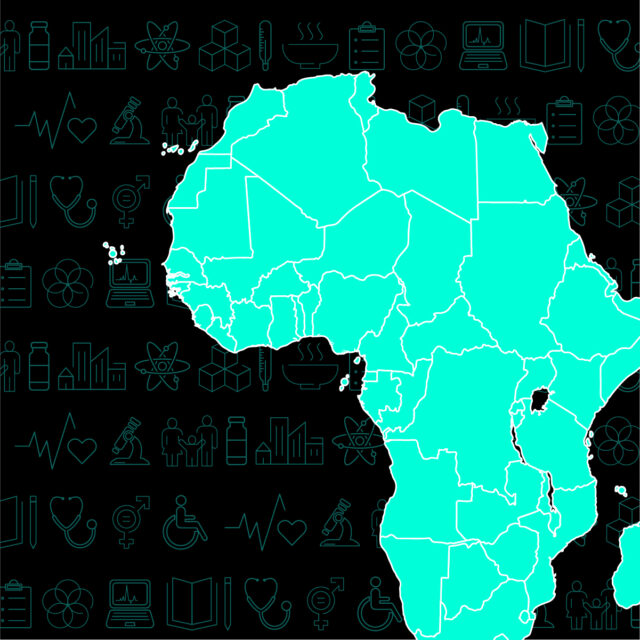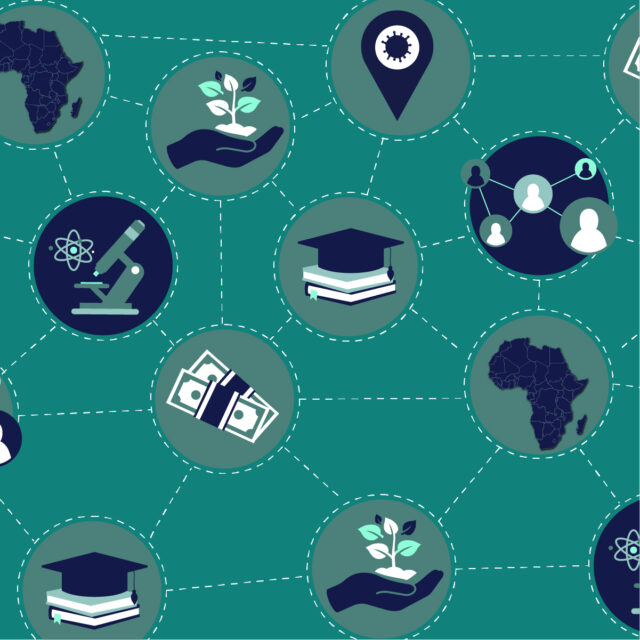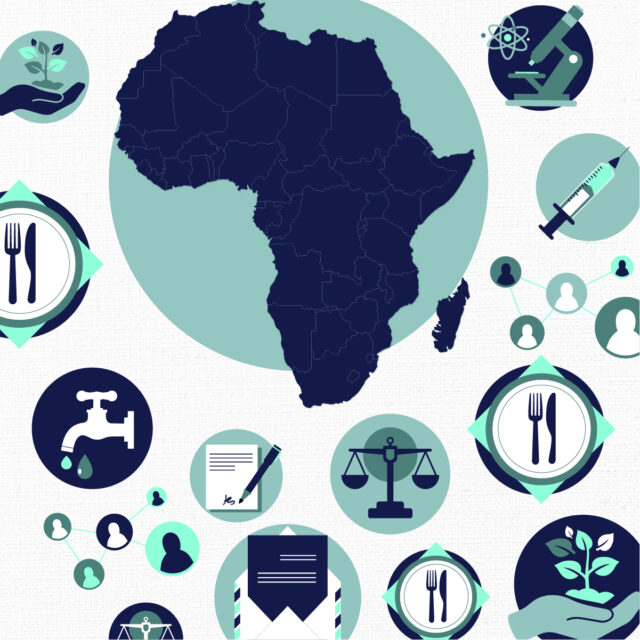Top news
Money, money, money: The world’s 10 richest men made trillions during the pandemic. They doubled their fortunes, at a rate of $15,000 every second. Some have chosen to do good – the Gates Foundation and the Wellcome Trust pledged $300 million to CEPI (CEPI is seeking a total of $3.5 billion to tackle the minor issues of pandemic response and preparedness). But even if each of the 10 richest men gave away 99.9% of their current wealth, they would still be richer than 99% of the world. Meanwhile, almost everyone else on the planet saw their incomes decrease during the pandemic. That includes many low-income countries, which are facing debt repayments 45% higher than last year, while experiencing just a fraction of the growth in high-income countries. Staggering inequality is the defining feature of this pandemic “recovery.”
Drowning fisheries: Kenyan fishers’ incomes have dropped by over 50% during the pandemic, due to curfews and other movement restrictions meant to curb COVID’s spread. Pre-pandemic, 70% of Kenya’s coastal communities relied on this source of income and animal protein. Consequently, food security is a persistent and growing concern in the country. While the Kenyan government provided direct financial assistance to cushion the impacts of its 120 containment policies, studies from the World Economic Forum show that they had mixed results: Some received direct food aid, some cash, and some are still waiting.
Going global: If your city and social media feed was flooded with ONE’s calls to end the pandemic this week, you’re far from alone. We took over buses and tuk tuks in Nairobi and Lagos, billboards throughout London’s tube stations, bus stops across France, and major sites in Berlin. ONE activists met with political leaders in Rome, religious leaders in Senegal, and made a splash at the Dubai Expo as part of the Global Goals Week. Trinity College students are seeing red from vaccine inequity, and we’ve convened a high-level, all-female panel to discuss how vaccine nationalism is undermining a global economic recovery. We teamed up with Pandemic Action Network, Project Everyone, Global Citizen, and others to make even more noise. And we’re far from finished. Be part of the action – add your call to world leaders to #EndThePandemic with our megaphone challenge on Twitter, Instagram, Facebook and LinkedIn.
Carpe equality: The roll out of two potentially game-changing COVID antiviral treatment pills is shaping up to be just as unequal as vaccines. There isn’t enough supply to ensure global access, and wealthier countries have already bought up most of the pills available in early 2022. While some generic versions are in production in India and Bangladesh, those won’t be widely available until later this year. Another complicating factor: prescriptions for the pills require positive COVID tests, which are currently in high demand and short supply. We won’t lie, this gives us some nasty déjà vu. But with growing admissions that the pharmaceutical industry has “dismally failed” the world during the pandemic, with “everybody… ashamed and embarrassed,” perhaps companies can seize this opportunity to redeem themselves.
In Africa, for Africa: South-African born US billionaire Patrick Soon-Shiong is backing a COVID-19 vaccine plant in South Africa, with the aim to produce a billion vaccines per year starting in 2025. The plant would be the largest on the continent with an aim to produce vaccines “in Africa, for Africa.” But there’s a catch: the plant will only go ahead if the mRNA-based COVID vaccines Soon-Shiong funded are successful in trials. Not exactly a given, and a South African study found that booster shots of mRNA vaccines didn’t stop infection from Omicron. Elsewhere, Kenya is seeking bidders to design, build, commission, and maintain a vaccine manufacturing facility. In the meantime, the African CDC is asking that donated vaccines come with a 3-6 month shelf life to allow countries adequate time to use them.
Uganda be kidding: Nearly a third of Uganda’s children under age-5 missed their routine vaccinations in the first half of 2021. This sadly isn’t an isolated case: 23 million children across Africa and Asia missed essential vaccinations in 2020, the highest number in a decade. This is partly due to parents’ concern about exposing their children to COVID-19 at vaccination centers. But increasingly, children’s vaccine hubs – along with precious commodities like refrigerators and syringes – have been repurposed to administer COVID-19 vaccines.
Going nowhere fast: Limited access to COVID tests are being blamed for a nearly 50% spike in Uganda’s oil prices. At some petrol stations, prices increased threefold (up to 12,000 Ugandan shillings from 4,000). Others ran out of fuel entirely, leaving motorists stranded. Fuel delivery drivers are required to show a negative test when crossing the Kenyan border into Uganda, but tests are scarce and expensive, thanks to an Omicron wave. Along with long customs delays, delivery driver strikes and protests (and the occasional roadside football match) have erupted at the border, pushing up fuel prices as deliveries slow.
Quota quandary: Spain plans to legislate a target of 0.7% Gross National Income for development aid by 2030, following a similar move by France in 2021. The Spanish government intends to target sub-Saharan Africa and the Sahel region – a positive sign of increasing solidarity when it’s needed most. Let’s hope it’s not an empty promise: Only six countries actually met the 0.7% global aid target in 2020. Speaking of meeting quotas, the surge in COVAX vaccine deliveries at the end of 2021 has kindled optimism that it may deliver on its vaccine promises in 2022.
Kick off campaign: Côte d’Ivoire is boosting vaccination rates using the allure of football during the Africa Cup of Nations. Tests, masks, and vaccines are available for fans at dedicated zones in the government’s creative attempt to kick its vaccine campaign into high gear. With only 8% of the country’s population fully vaccinated, the strategy aims to double the rate by the end of June. ICYMI, this wouldn’t be the first time that football has been used for good in Côte d’Ivoire: Didier Drogba is credited with helping end the country’s civil war in the early 2000s.
The numbers
- < 1% of all COVID vaccine doses administered in just over a year have been in low-income countries
- 1 person every 4 seconds dies from inequality
- Meanwhile every 26 hours, there’s a new billionaire
- 34,046 confirmed COVID cases in Africa for 18 January, a drop in daily cases that hopefully signals the beginning of the end for Africa’s fourth wave
More reads
- Finally, rich countries are sharing something during this pandemic. ONE’s Joe Kraus delivers a scathing satire on rich countries’ advice for how to “handle” COVID.
- ONE France Director Najat Vallaud-Belkacem speaks out about the inequalities created by the concentration of wealth.
- Stephanie Nolen argues that lessons from fighting the HIV/AIDS pandemic in Africa can help inform an exit route out of the pandemic. A savvy combination of science, relentless activism, international cooperation, and big investments is steadily beating back the virus, as incidents of new cases dropped 31% between 2010 and 2020.
- Some are arguing that COVID could become endemic. But that doesn’t mean it will be mild. Just look at malaria, which kills 216 people every day in Nigeria.



